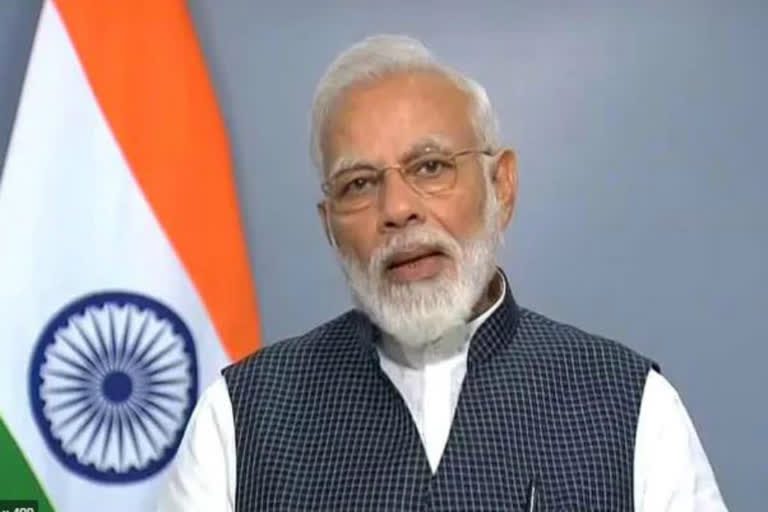New Delhi:The Modi government executed its ideological agenda at a vigorous pace in its first year in office in its second term but the economic devastation wrought by COVID-19 has presented the saffron dispensation with a massive challenge as the focus shifts to the economy.
With the BJP-led National Democratic Alliance government marking its first anniversary on May 30, the first year is likely to be remembered for the fulfilment of decades-old Hindutva demands as Prime Minister Narendra Modi used the huge majority his party won in the 2019 Lok Sabha polls to push through its core agenda.
Nullification of Article 370, which gave the erstwhile state of Jammu and Kashmir special status, and construction of Ram temple in Ayodhya have been the two key ideological highlights of the BJP’s manifestoes over the decades, and both were settled in its favour in the last one year.
Article 370 was nullified by the government with Parliament passing a resolution to this effect as well in August, and the state was bifurcated into union territories.
Read:'PM has hands on nuclear button, yet can't be trusted to appoint judges?'
An order from a constitutional bench of the Supreme Court paved the way for the construction of the temple at the place in Ayodhya where Lord Ram was believed to have been born.
It was a sign of the perceived popular acceptance of the Hindutva agenda that many of its key issues; which once made the BJP a pariah for most parties and forced it to keep them away to win allies in the late 90s, drew support from even non-NDA parties in Parliament.
The BJP succeeded in criminalising the practise of instant divorce among Muslim men and successfully pushed through both houses of Parliament the contentious Citizenship (Amendment) Act.
BJP vice president Vinay Sahasrabuddhe told media that the completion of the first year of Modi 2.0 is all about keeping promises.
“It’s also about three Cs: Conviction, Courage and Commitment. The first stint was about effective implementation of welfare schemes that yielded remarkable results,” he said, noting that the move on the Article 370 and the CAA was “very natural” after the BJP received a “renewed and extended” mandate in 2019.
The passage of CAA, which seeks to grant citizenship to non-Muslims from three neighbouring Muslim majority countries on the ground of religious persecution, prompted intense protests, promoting the prime minister to assert that his government has not discussed any move to implement the National Register of Citizens.
Opposition parties and social groups have argued that the NRC in conjunction with the CAA can be discriminatory.
As COVID-19 ravages lives across the country, forcing reverse-migration of the poor in huge numbers, claiming employment in millions and posing health as well as economic challenges, the pandemic has been dominating the public discourse and posing new challenges to the government.
Sahasrabuddhe says the government and the BJP have been fighting the challenge of COVID-19 with remarkable courage.
